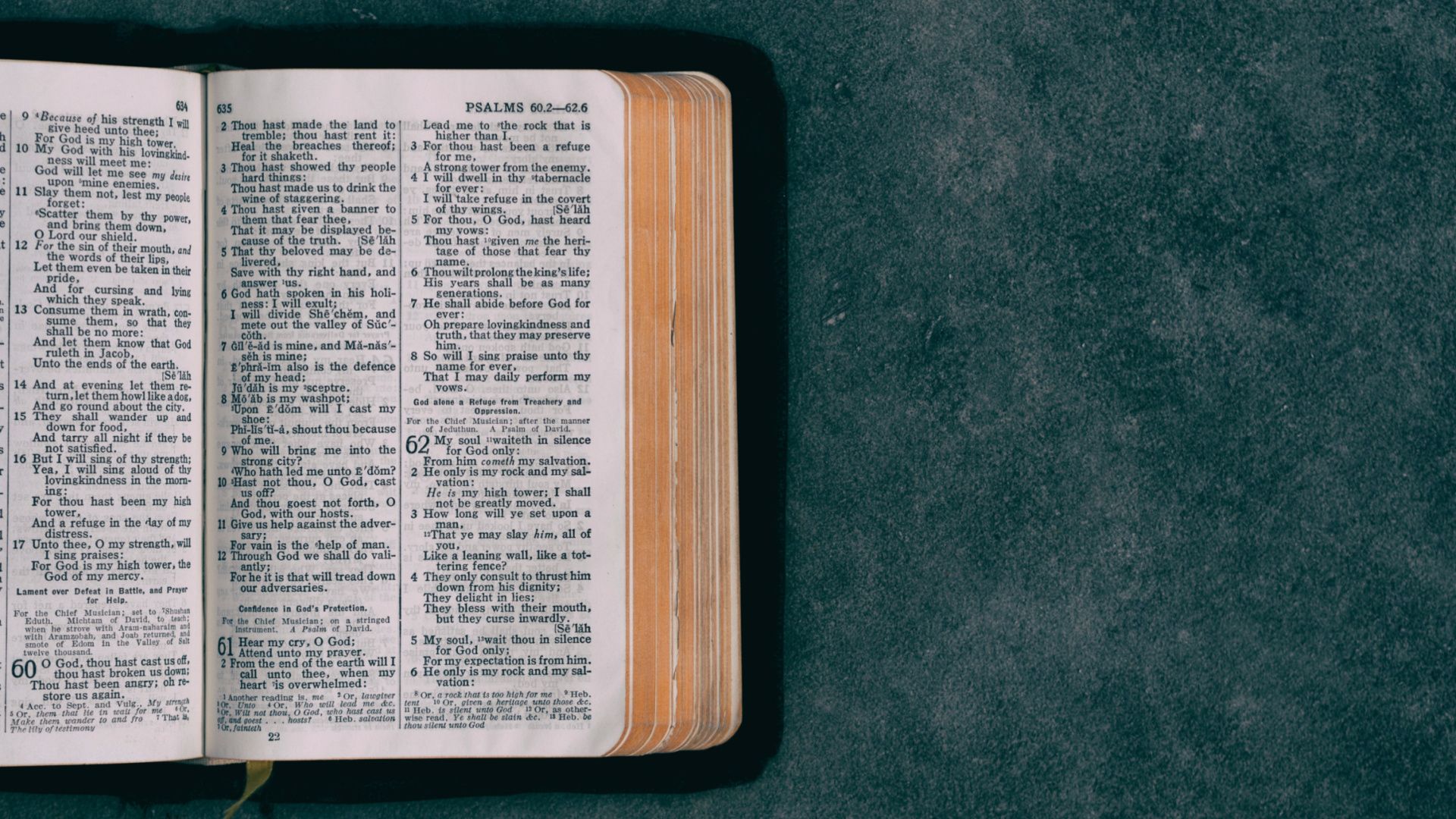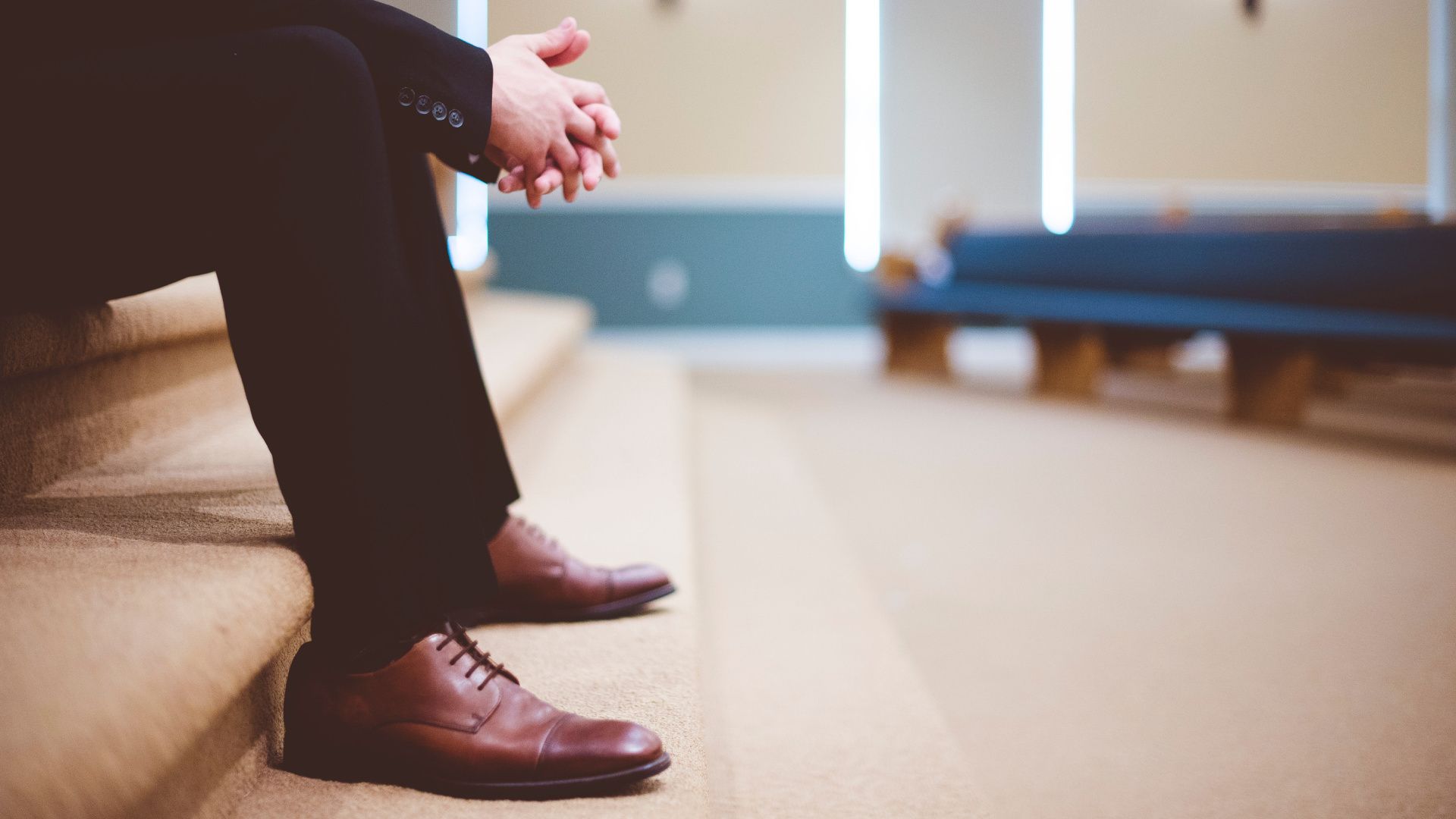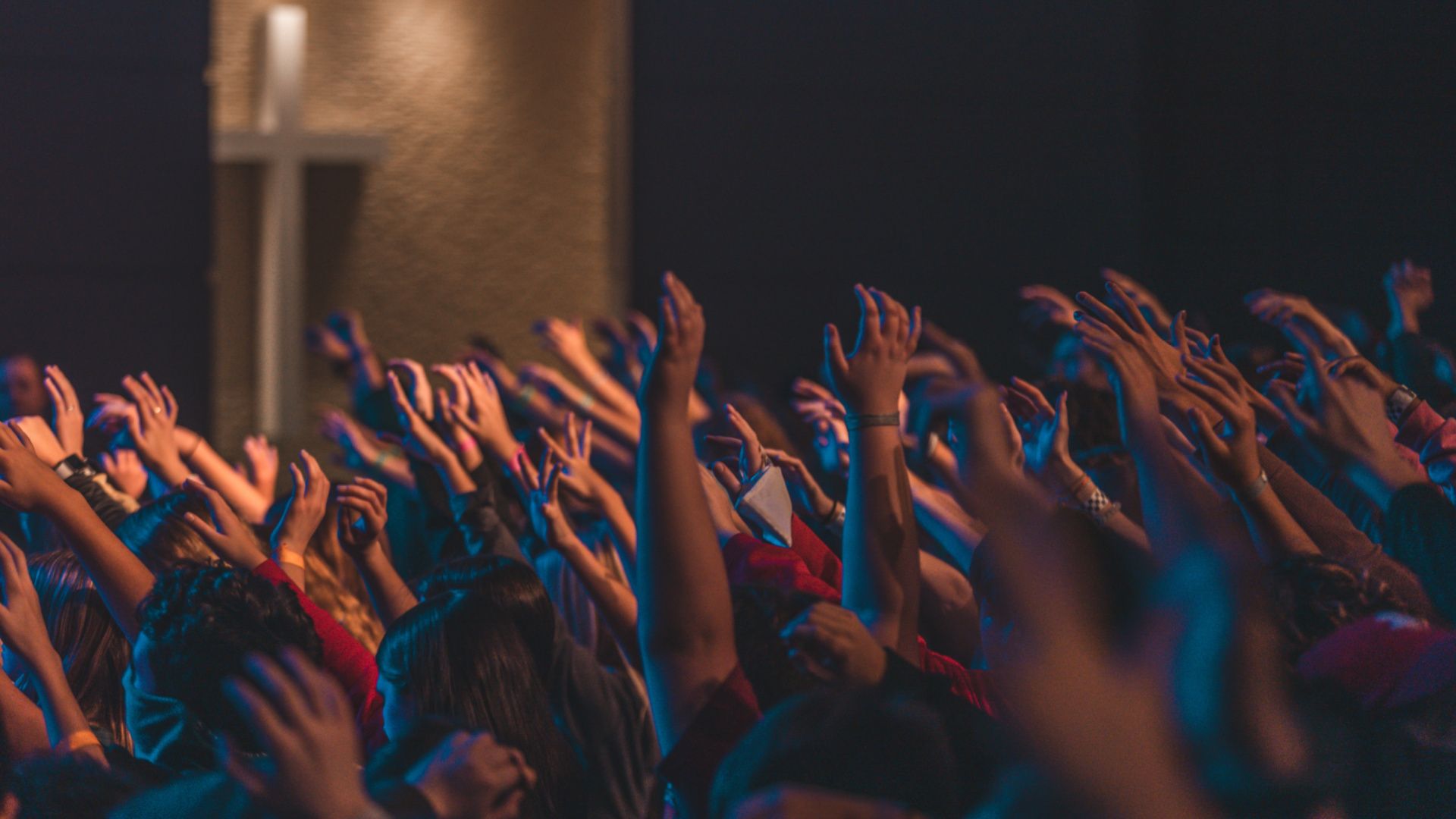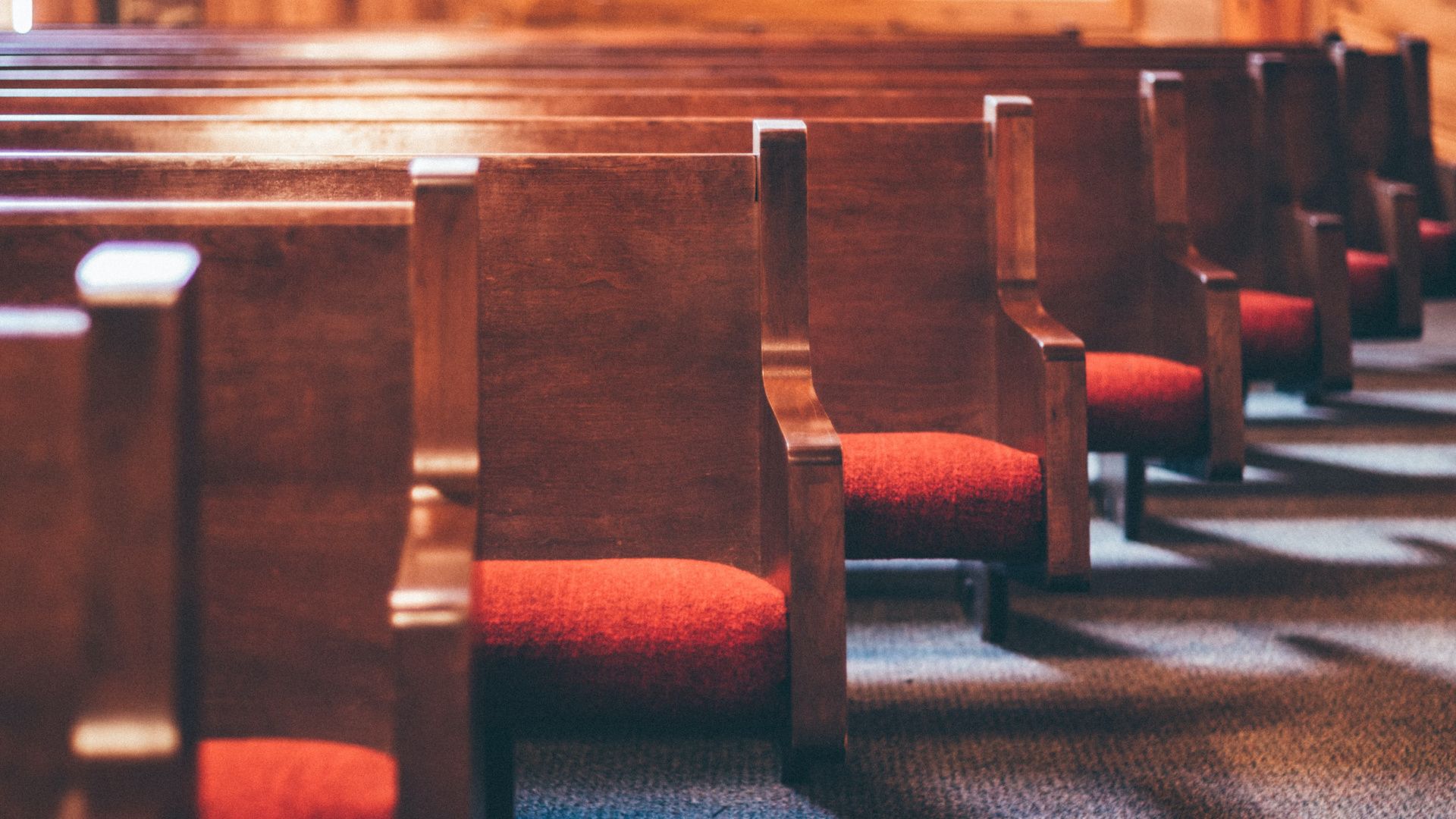“We need to be the party of nationalism,” the U.S. Republican Congresswoman Marjorie Taylor Greene told an interviewer earlier this year: “We should be Christian nationalists.” Green is well known in America for her hard-right politics and extreme rhetoric—such that the Republican Senate Minority Leader Mitch McConnell even once called her views a “cancer” for his party—but the idea itself that the United States should be a “Christian nation” appears to be moving further into mainstream American public opinion.
There are cartoonish versions of this idea in the media, including Nick Fuentes’s—Fuentes is a white-supremacist influencer who recently made headlines for having dinner with Donald Trump and Kanye West—which is that America needs some kind of dictatorship to enforce his vision of reactionary Catholicism. But Christian nationalism did motivate many of the Donald Trump supporters who attacked the U.S. Capitol on January 6, 2021. And according to recent polling from the Pew Research Center, most American adults say they believe their country was founded to be a “Christian nation”—with 45 percent saying it should still be one. At the same time, Pew notes, “many supporters of Christian nationhood define the concept in broad terms, as the idea that the country is guided by Christian values.” How are these movements in American Christianity shaping U.S. political life?
Curtis Chang is the founder of the Evangelical organization Redeeming Babel, a senior fellow at Fuller Theological Seminary, and on the consulting faculty of the Duke Divinity School. To Chang, most American Christians aren’t really Christian nationalists—but it’s hard to make sense of what exactly they believe altogether about their religion’s role in their country’s public life. Chang sees a lot of confusion and contradiction in the views of American Christians, many of whom are receptive to illiberal rhetoric—and from there, to being taken in by political tribalism—not because they’re inherently illiberal, but because they’re just not experiencing any powerful alternative messages about how to live their faith in a way that’s consistent with democracy and pluralism.
Graham Vyse: How do you understand the phenomenon of Christian nationalism in the U.S.?
Curtis Chang: I understand it as part of the broader phenomenon of nationalism we’ve seen rising globally—in which a subset of a country’s population will try to claim that its beliefs, values, and politics ought to shape the entire country … and that people who don’t share those beliefs, values, and politics should be relegated to a subordinate status in the country, if not excluded from it altogether. In this sense, nationalism contradicts the idea of pluralism—the idea that each person can have a unique set of convictions while coexisting with people who have different convictions.
America’s Christian nationalists tend to have a narrow understanding of Christianity, which they associate with the dominance of white, right-wing political power—and they tend to be hostile to differing viewpoints, including left-wing, progressive, or “woke” ideas. They tend to have a very binary, us-versus-them attitude, based on the notion of opposing them, who are out to get us. Frankly, it’s a very paranoid outlook.

Vyse: How widespread do you see it being?
Chang: That’s a tough question to answer. You might see public-opinion surveys asking self-identified Evangelical Christians whether they hold Christian-nationalist views, but it’s often hard to know who in that group actually believes in Evangelical theology, who attends church regularly, and who treats being Evangelical as less of a spiritual or religious orientation and more of a cultural or political orientation. We also know that the loudest voices are often the most extreme—that’s as true on the left as it is on the right—and in that context, there’s an exhausted majority of American Evangelicals that’s increasingly withdrawing from political engagement.
I find it hard to make sense of Pew’s data showing that 45 percent of American adults think the U.S. should be a Christian nation but two-thirds of American adults say churches should stay out of politics. I certainly believe that people with views like Nick Fuentes’s are a small minority of the population, but when Donald Trump elevates their voices, they can influence other people who’re trying to figure out what it means to be a Christian—or to have Christian politics.
It’s often hard to know who actually believes in Evangelical theology, who attends church regularly, and who treats being Evangelical as less of a spiritual or religious orientation and more of a cultural or political orientation.
Think about the phenomenon we saw with Covid vaccines. Historically, vaccines haven’t been politicized in the U.S., and American Evangelicals have been in favor of them. Then Trump and others on the right sent the message that Republicans should be against vaccines, and Evangelicals became the most vaccine-skeptical population in the world. That demonstrated just how much the actions of national leaders—including the messages they send about who Christians should be and what Christians should do—can have a significant influence on the people at large.
Vyse: I sometimes worry about overstating the influence of someone like Fuentes, who was a little-known figure before his dinner with Trump, and Greene, whose politics are unusually extreme even within a Republican Party that tolerates a lot of extremism. At the same time, as you point out, it’s undeniable that Trump has elevated their voices. What role do you see them playing in shaping the Republican Party and public conversation about Christian nationalism?
Chang: They’re very influential, because they shape the boundaries of conversation. Views like Fuentes’s won’t be embraced in the mainstream of Republican politics, but they will shift the boundaries of mainstream discussion simply on account of being introduced into mainstream dialogue. In this way, Trump and his allies have given seats at the table to extremists who wouldn’t have been mentioned a decade ago.

Vyse: Mainstream journalists are increasingly reporting on Christian nationalism in the U.S. Is there anything you see them getting wrong about the phenomenon?
Chang: Unsurprisingly, some of them are getting things wrong about the phenomenon just because they don’t understand religion. There are some mistakes that secular media coverage of religious life often makes, including equating theological conservatism with political conservatism. There are folks like me who think of themselves as theologically conservative, at least in many regards, but have political views that are all over the place. Another mistake is giving disproportionate exposure to extreme voices, which often helps them to gain more influence than they deserve—or more than they would otherwise have.
I’m very aware of the shortcomings of those of us who see ourselves as thoughtful, responsible Evangelicals. We’ve been very disorganized. We convene to talk about how awful things are, but can you name a high-profile project or initiative we’re working on to make things better? Part of the fundamental nature of American Evangelicalism is that it’s resistant to collective action, because it’s made up of many individual brands and movements and churches and church leaders. We don’t have a pope. Those of us who are theologically conservative but politically committed to pluralism and democracy—we represent a substantial group of people, but we’re disorganized. We haven’t rallied around a visible project. We haven’t planted a flag. The flag that’s more visible is the flag that was waived by insurrectionists on January 6th. That’s the flag that makes the news.
Views like Fuentes’s won’t be embraced in the mainstream of Republican politics, but they will shift the boundaries of mainstream discussion simply on account of being introduced into mainstream dialogue. In this way, Trump and his allies have given seats at the table to extremists who wouldn’t have been mentioned a decade ago.
Vyse: How do you see the everyday American Christian—someone who isn’t a Christian nationalist—thinking about the relationship between religion and politics in this moment?
Chang: There’s a lot of confusion. The everyday American Christian—or, at least, the everyday Evangelical Christian—will express some incoherent ideas. They haven’t been given a coherent view of how Christians ought to relate to politics and the public square. Given the extent of political polarization in America, many church leaders are now disincentivized from preaching about politics—desperately afraid their words will be misinterpreted. Most Evangelical pastors avoid politics in order to try to hold their congregations together, but in doing so, they’re ceding the ability to influence the minds of their congregations to Fox News and MSNBC—and even worse influences.
We’re seeing the problems of polarization manifest in American Catholicism, too. Catholics are more organized than Evangelicals are in some ways: They have a pope—even if everyone doesn’t always listen to him—and they have a more robust tradition of social teaching about how to view the relationship between the church and the state … even if most Catholics aren’t familiar with that tradition.

Vyse: Since you’re mentioning Catholicism, Fuentes says he wants a kind of Catholic dictatorship. What do you make of that?
Chang: It’s a minority view among American Catholics, of course, but there is a school of thought called integralism that’s the Catholic version of Christian nationalism. It says the church and the state should be tightly integrated and the church should use the state to enforce its teachings. There are contemporary intellectuals who advance this vision who are quite vociferous and get a lot of attention.
Vyse: How is growing secularism in the U.S. changing the politics of American Christians and the country more broadly?
Chang: It’s a great question. Just as nature abhors a vacuum, so too does the human spirit. If you take Christians away from the God of the Bible, as revealed in Jesus, they’ll find another god. Christians who are increasingly anchoring their beliefs on information from secular news sources aren’t becoming less religious; they’re becoming more susceptible to their religion being shaped by a secular god—the secular god of politics. It’s why politics has gotten so inflamed; there’s a religious charge to it—the charge of a false religion.
Christians who are increasingly anchoring their beliefs on information from secular news sources aren’t becoming less religious; they’re becoming more susceptible to their religion being shaped by a secular god—the secular god of politics. It’s why politics has gotten so inflamed; there’s a religious charge to it—the charge of a false religion.
Vyse: Do you see that on the political left, as well?
Chang: Yes, the left has its own version of it. If you’re in progressive circles—including progressive Christian circles, which I traffic in sometimes—you can see a dogmatic, inflexible, impulse toward persecution. If you don’t always use the right pronouns or adhere to the progressive party line, you can be ousted in much the same way you can be on the right. The Christian Left can be as prone to following the secular god of politics as the Christian Right can.
Vyse: Many on the Christian Right have a defensive posture in the culture wars. They see themselves as under siege by the forces of secular progressivism. What drives that perception, do you think?
Chang: I think it’s driven in part by something very real: There’s a very real, very strong impulse on the left toward banishing conservative Evangelical Christian views from the public square. Conservatives aren’t making that up. This truth can be weaponized by extremists to foment us-versus-them sentiments and conspiracy theories, but the core concern is entirely rooted in reality. The question is how we should respond to that reality.

I believe the answer is to double down on a commitment to pluralism and democracy—a system proven to give all of us a seat at the table to have our views heard. As Christians, our primary calling is to be a witness to the gospel. We should want a political system that gives us a chance to bear witness. Instead of trying to tear the whole house down, we should be making sure everyone can live within it.
Vyse: When you look at young Americans’ political and religious attitudes, do you see the potential for generational change that might alter—or I suppose, conversely, exacerbate—the trends we’re talking about?
Chang: Trying to predict the future is always so dangerous. There’s no doubt that the rising generation is disaffected with Christianity, at least as Christianity is being practiced. It’s true across the ideological spectrum. Some young conservative men are drawn to extremism, because they lack a sense of purpose, but the broader trend is disaffection. We’ve seen the rise of the “nones”—the people who don’t affiliate in any way with organized religion. Can a movement be created for reform and renewal of faith? After all, many of these disaffected people haven’t given up on God. They haven’t given up on Jesus. They’ve given up on the church. The question is whether there’s a positive way for them to reengage with the world through faith—and to do it their way.
